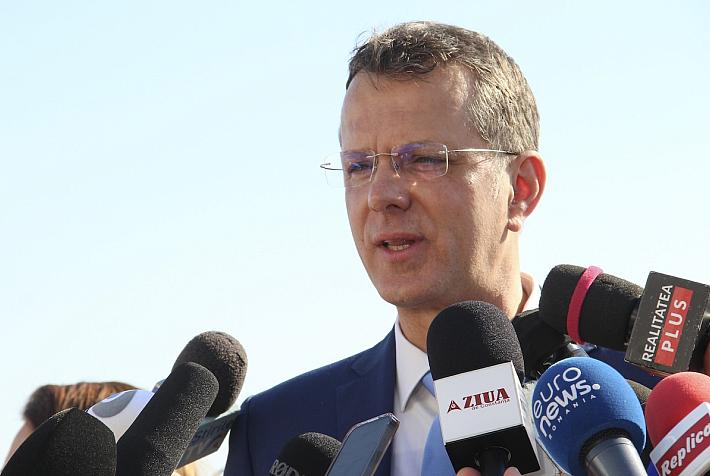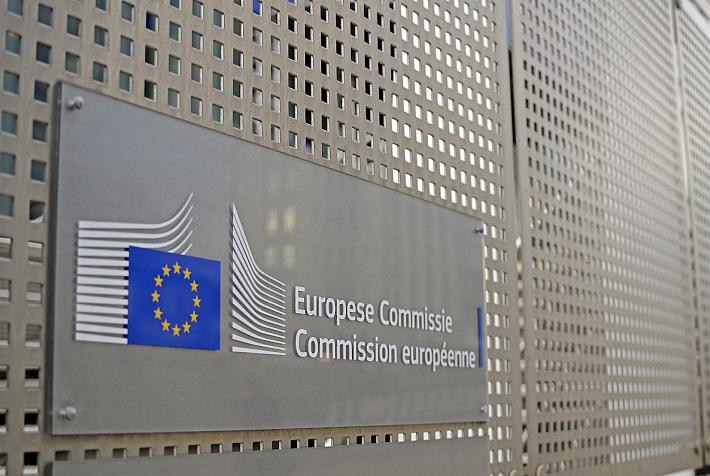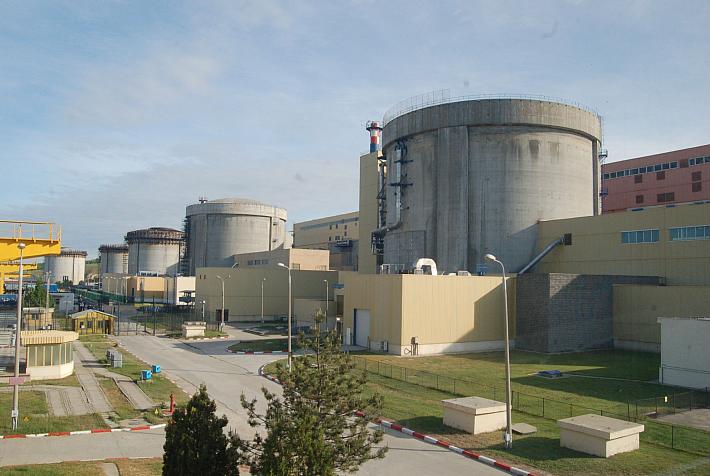Tutoring consumes about EUR 300 mln annually in Romania, EC report shows

 Schooling in particular is a booming business in Europe, according to a report of the European Commission, in Romania, families paying EUR 300 million per year. “Parallel to mainstream education systems in the European Union (EU) are “shadow education systems” of private supplementary tutoring. These have grown considerably across the EU but have received little attention, even though they have profound economic and social implications”, shows the report.
Schooling in particular is a booming business in Europe, according to a report of the European Commission, in Romania, families paying EUR 300 million per year. “Parallel to mainstream education systems in the European Union (EU) are “shadow education systems” of private supplementary tutoring. These have grown considerably across the EU but have received little attention, even though they have profound economic and social implications”, shows the report.
In Romania, a study made in 2007 on 1,267 secondary students shows that 27 percent received tutoring. Three years later, a sample of 1,500 children aged 6-19 found that 17 percent were receiving tutoring, while a 2010 national random sample of 1,316 adults found that 50 percent had employed tutors for their children.
Most of these additional courses are offered by companies that offer their services at a local, national or international level. In Romania, however, most tutors are full time teachers that offer additional courses to increase their income. Daedalus Millward Brown found in a study made in 2010, that 27 percent of urban children in Romania received private tutoring while the proportion for rural children was 7 percent.
The authorities in Romania ask teachers to declare their incomes from tutoring. In 2008 only 1,500 teachers did so, which was clearly a very small proportion of the total. In 2011, the National Agency for Fiscal Administration sent forms to all teachers requiring information on their tutoring earnings.
Read more in the official report.
Irina Popescu, irina.popescu@romania-insider.com
(foto source: sxc.hu)











